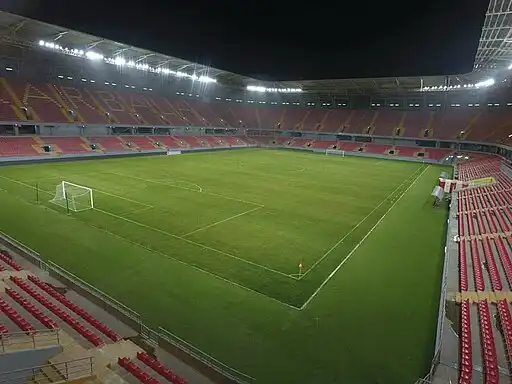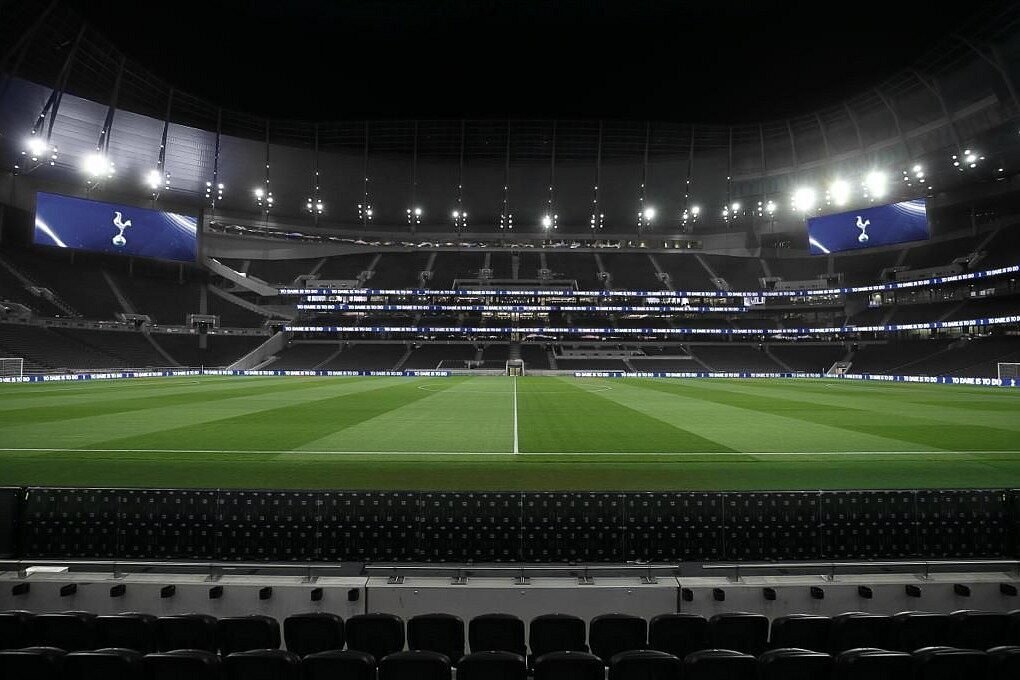
In the ever-evolving landscape of the Premier League, the discussion about ticket pricing has taken center stage once again. Arsenal's recent announcement of a 3.7% increase in ticket prices for the 2025-26 season has sparked widespread debate among fans, analysts, and stakeholders, shedding light on the broader economic strategies of top-flight clubs and their implications on fan engagement.

Arsenal's Decision: A Double-Edged Sword
Arsenal's decision to raise ticket prices contrasts sharply with the approach taken by some of their Premier League rivals, who have opted to freeze prices amid growing economic concerns. The Gunners’ choice to increase prices by 3.7% has been justified by the club as a necessary measure to compete at the highest level, citing the need to invest in player transfers, stadium improvements, and overall club facilities.
This decision, however, has not been without controversy. While some fans understand the financial demands of maintaining a competitive team, others feel alienated by the increased burden on their wallets, especially in a period marked by a global cost of living crisis. For many, attending matches is not just about supporting their team but also about being part of a community—a sentiment that is at risk of being overshadowed by financial barriers.
The Economic Landscape of the Premier League
The Premier League is a behemoth in the world of football, with revenues reaching record highs thanks to lucrative TV deals and global merchandising. Yet, ticket sales remain a vital revenue stream, particularly for clubs like Arsenal, whose matchday income forms a significant portion of their financial ecosystem.
Arsenal has long been at the forefront of innovation in football economics, pioneering new ways to maximize revenue while maintaining competitive performance on the pitch. Their decision to raise ticket prices could be seen as an acknowledgment of the rising costs associated with modern football, from player wages to stadium maintenance.
Fan Reactions: A Crossroads for Loyalty
Fan reactions to Arsenal's ticket price hike have been mixed. On one hand, there is an understanding among some supporters that to compete with clubs like Manchester City and Liverpool, who boast deep financial pockets, Arsenal must generate sufficient revenue to bolster their squad. However, this understanding is often tempered by frustration and concern.
"I've been a season ticket holder for over a decade, and this increase feels like a betrayal," said one fan, echoing a sentiment shared in online forums and fan gatherings. "Football is supposed to be for the fans, and it feels like we're being priced out of our club."

The club's decision has also prompted discussions on social media, with hashtags like #ArsenalTicketHike trending as fans voice their concerns. Supporters' groups have called for more transparency from the club regarding how additional revenue will be reinvested into the team and fan experience.
The Broader Impact on Fan Engagement and Club Revenue
Arsenal's move raises important questions about the balance between financial sustainability and fan engagement. While increased ticket prices can lead to higher immediate revenues, they also risk alienating the core fan base—those who have supported the club through thick and thin.
This delicate balance is not unique to Arsenal. Clubs across the Premier League face similar challenges as they navigate the complex interplay between business interests and fan loyalty. The decision to raise or freeze ticket prices often reflects a club's broader strategic priorities, whether focused on short-term financial gains or long-term fan engagement.
Comparing Arsenal's Approach to Rivals
Arsenal's rivals in the Premier League have taken varied approaches to ticket pricing. Clubs like Brentford and Brighton have chosen to freeze prices, prioritizing fan retention and accessibility in times of economic strain. These strategies highlight the diversity of approaches within the league, each with its own set of risks and rewards.
For Arsenal, the decision to increase prices could be seen as a gamble—a calculated risk aimed at ensuring financial competitiveness in an increasingly polarized league. However, it also underscores the need for clubs to maintain open communication with fans, ensuring that financial decisions are met with understanding rather than resentment.
The Road Ahead
As Arsenal prepares for the 2025-26 season, the club's leadership will be closely watching the impact of their pricing strategy on both revenue streams and fan sentiment. The coming months will be telling, as the club seeks to balance its financial ambitions with the needs and expectations of its supporters.

The broader Premier League community will also be observing, as Arsenal's approach may set a precedent for future pricing strategies across the league. Ultimately, the success of such strategies will hinge on their ability to strike a harmonious balance between financial viability and maintaining the soul of football—a sport beloved by millions, cherished for its accessibility and community spirit.
In conclusion, Arsenal's ticket pricing decision is a microcosm of the broader challenges facing Premier League clubs in an era of financial complexity and heightened fan expectations. As the new season approaches, the balance between business acumen and fan loyalty will be more crucial than ever, determining not just the success of individual clubs, but the very fabric of the league itself.